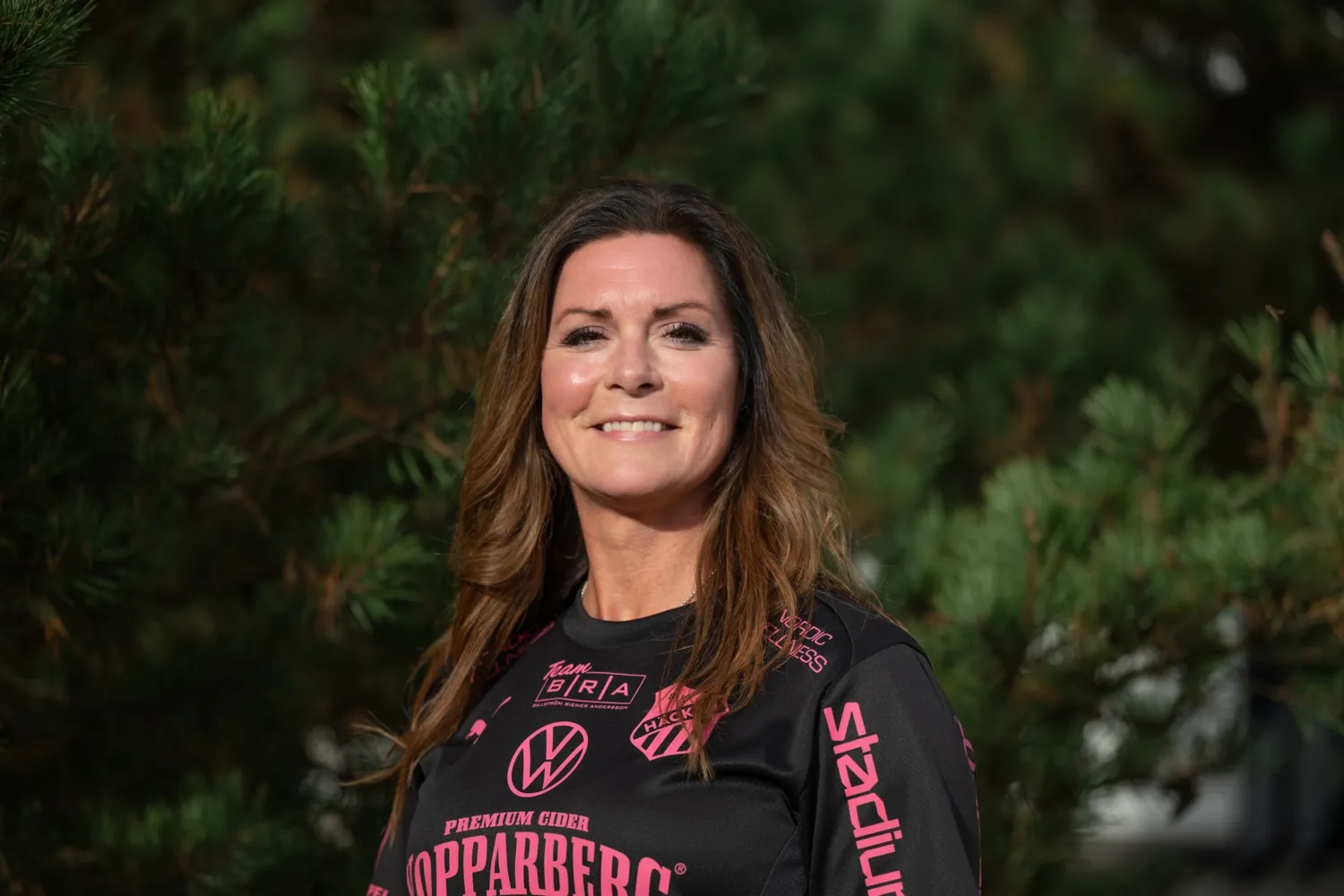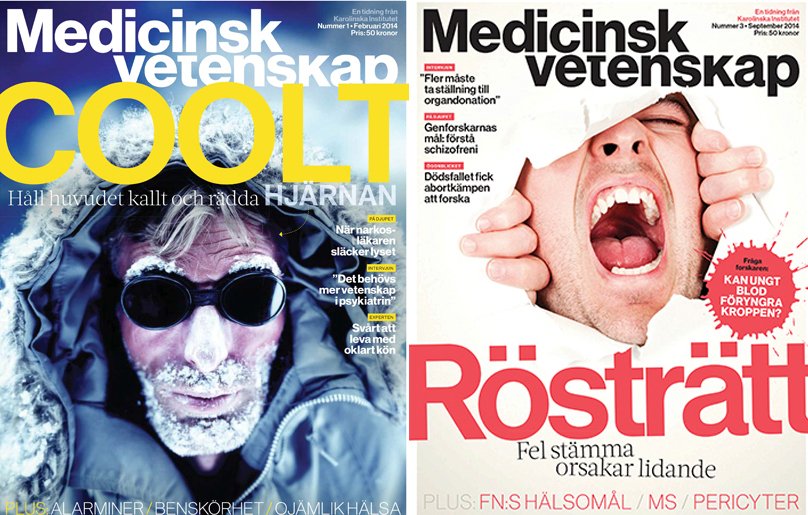Louise Karlsson: "More people need to know that radiation can damage the lungs"

When Louise Karlsson was treated for breast cancer, she suffered radiation damage to her lung. Now she wants more people to know that it can happen.
Text: Annika Lund for Medicinsk Vetenskap nr 4 2023 / Spotlight on radiation therapy
In autumn 2023, Louise Karlsson was treated for breast cancer. She did not need chemotherapy but underwent surgery and radiotherapy. Before the radiation, an X-ray of the chest was taken, showing the lungs.
"After two weeks of radiotherapy, my voice changed, I became hoarse and started clearing my throat. Then I became short of breath and had pain when taking deep breaths. The staff at the radiotherapy department did not react when I pointed this out. When I asked if it could be radiation damage, I got no answers," she says.
Even Louise Karlsson´s general practitioner was puzzled but referred her to an ear, nose and throat specialist. When nothing unusual was found, she was sent to a pulmonologist. New images were taken and compared with those taken before the radiotherapy. A change was visible. At the same time, she became even more short of breath, had difficulty running and climbing stairs. A persistent cough would not go away.
The pulmonologist started an investigation for lung cancer. After more X-rays, bronchoscopy, and sampling, she received the news. Everything pointed to radiation damage; there was no tumour in her lung. A new CT scan has now been done, and the damage has healed.
"I am sharing this because I want more people to know that you can get radiation damage in the lung when you are receiving radiation therapy for breast cancer. For me, it would have been less mentally demanding to be investigated for suspected radiation damage than for suspected lung cancer. The risk of radiation damage could have been described before the radiotherapy was given, and the staff administering the radiation could have reacted differently when I reported my symptoms," says Louise Karlsson.
But she also want to express her gratitude to the healthcare system.
"During my breast cancer treatment, I felt like I was on a roller coaster - I could not do much more than go along with it, but I felt secure in how the healthcare staff guided the train.", she says.
About Louise Karlsson
Age: 50 years.
Occupation: One of Sweden's best swimmers. Won a long series of prestigious medals during the 1990s, including a World Championship gold in the 200-metre medley in 1997. Held the world record in the 100-metre medley.

The magazine Medical Science
The magazine Medical Science (Medicinsk Vetenskap) is published by Karolinska Institutet and targets the general public interested in medical science.
